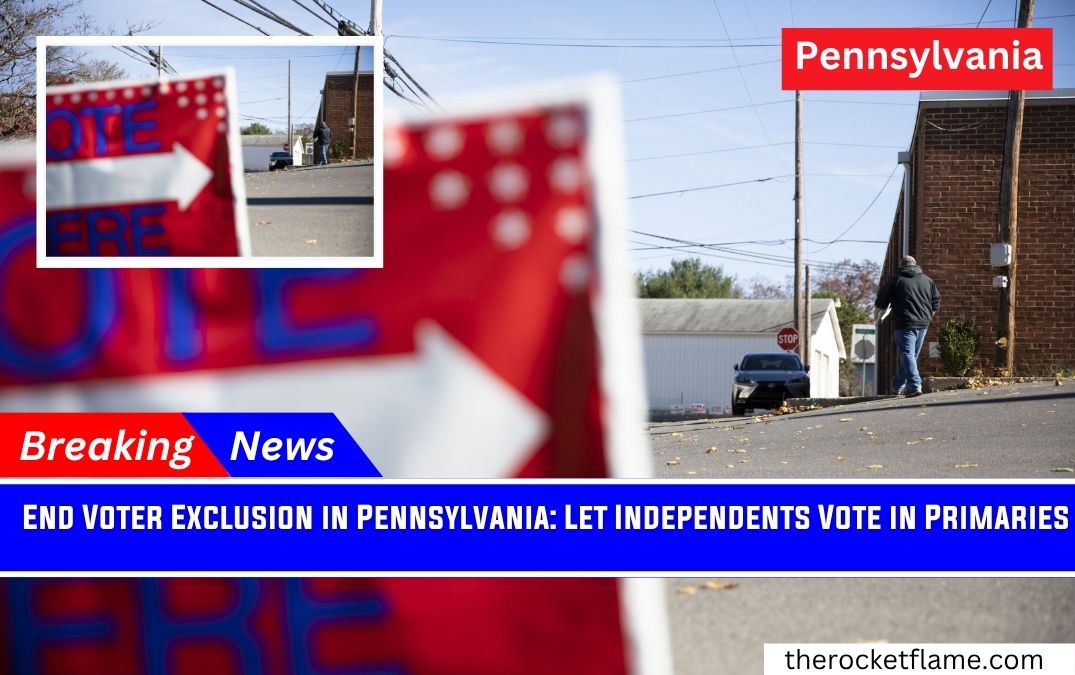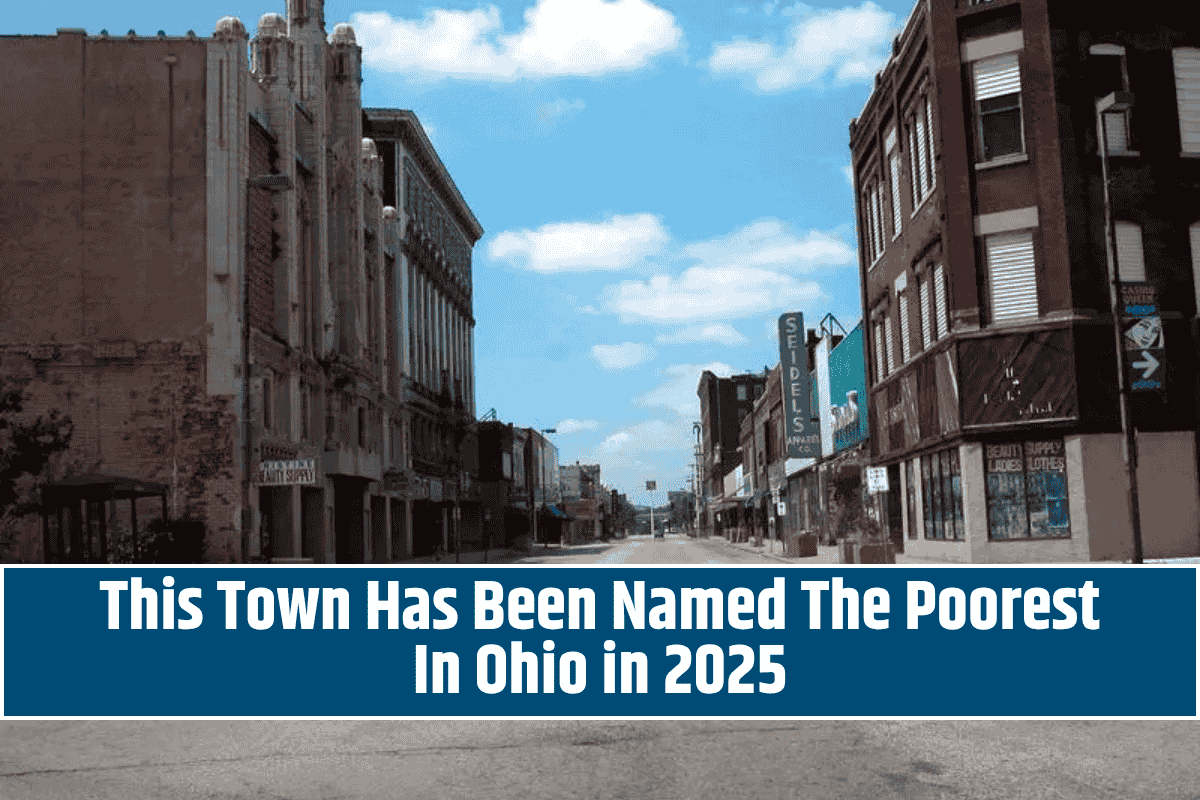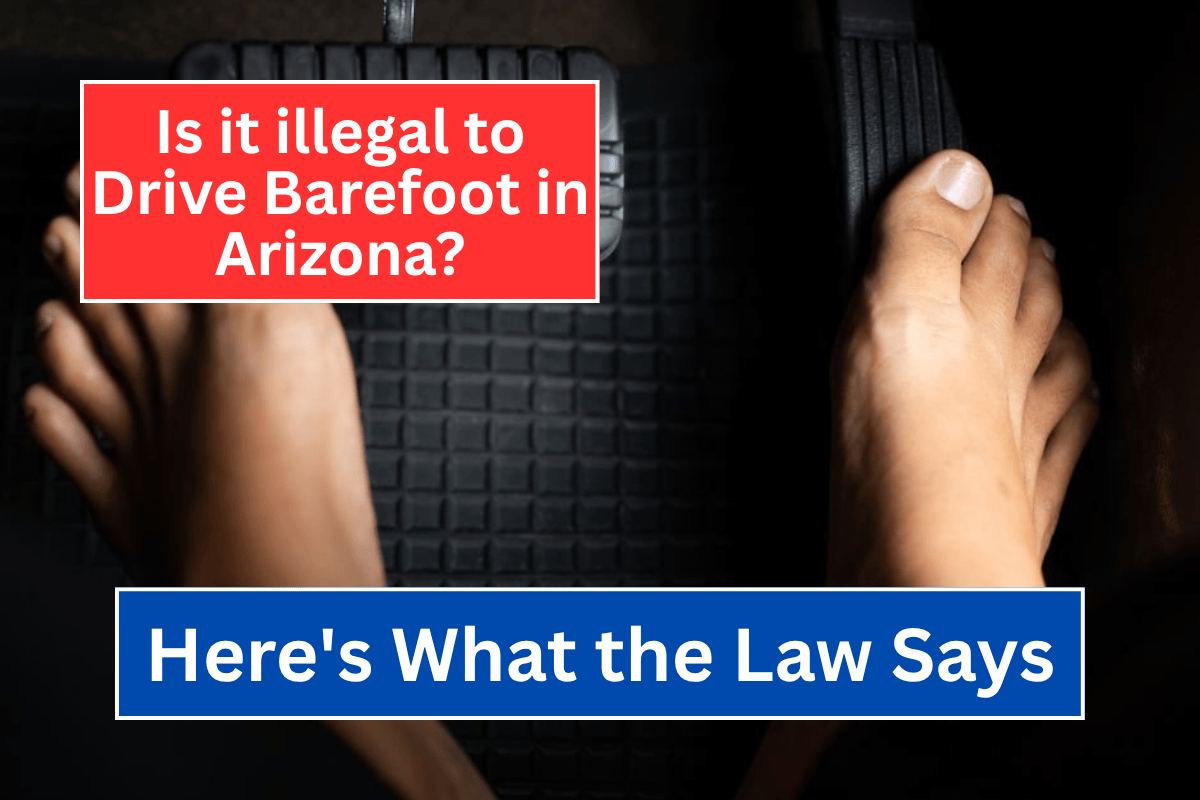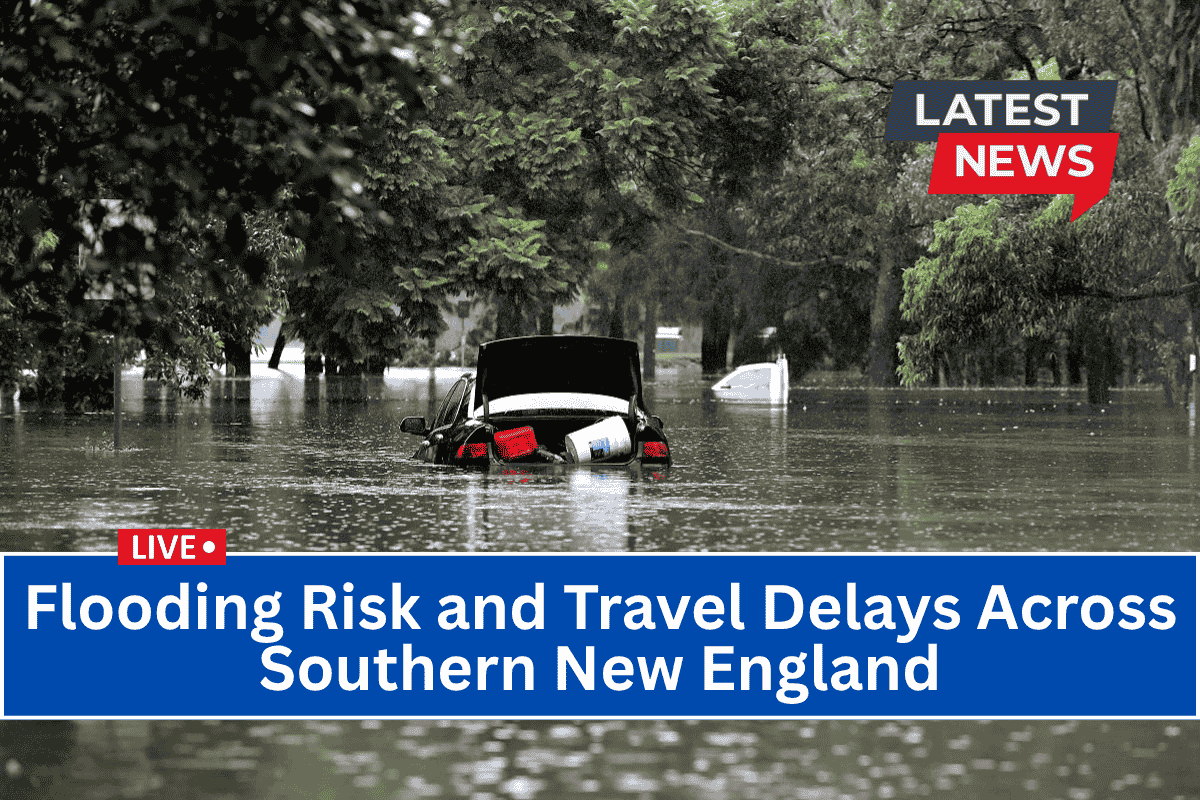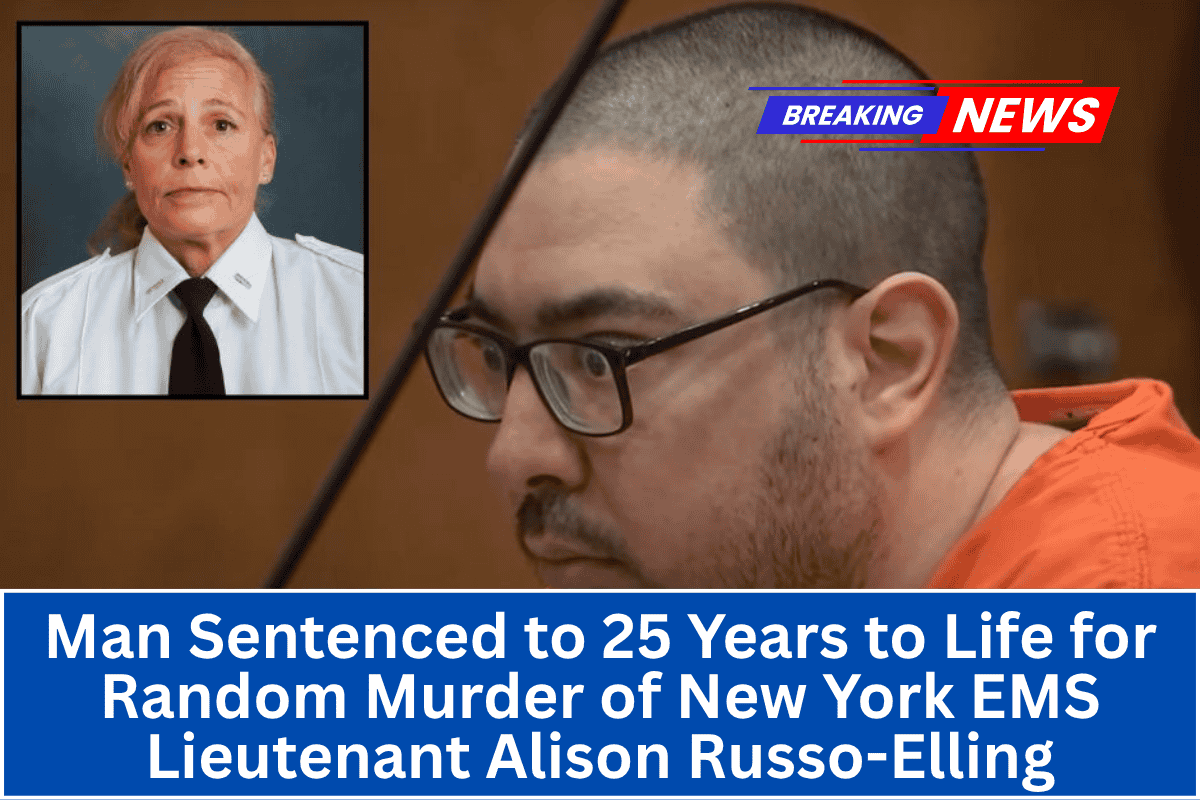In Pennsylvania’s 2025 primary election, over one million independent voters were barred from casting ballots due to the state’s closed primary system.
Advocates are calling for reform, arguing that the current system amounts to taxation without representation.
The issue is gaining urgency as voter frustration grows across party lines.
What Happened
Pennsylvania remains one of just nine U.S. states that still restrict primary voting to registered party members.
This means that independents—those not affiliated with the Democratic or Republican parties—cannot vote in primaries, even though these elections often decide the final winner.
Key Details
- Date of Primary: May 20, 2025
- Impact: Over 1.2 million independent voters in Pennsylvania were excluded from voting.
- System in Place: Closed primaries—only party-registered voters can participate.
- Result: Many key races are effectively decided before the general election.
This system disproportionately affects younger voters and veterans, who often register as independents.
Reactions or Statements
Reform advocates argue that the exclusion of independents is undemocratic.
They say closed primaries reduce voter turnout and erode public trust in the electoral process.
Civic leaders liken the situation to “taxation without representation,” noting that independents still pay for elections through taxes.
Investigation or What’s Next
There is growing bipartisan support for opening Pennsylvania’s primaries.
A bill introduced in the state legislature aims to allow independents to vote in either the Democratic or Republican primary without changing their registration.
Governor Josh Shapiro has yet to publicly endorse the reform but has expressed interest in increasing voter participation.
Advocates urge voters to contact their lawmakers to demand change before the 2026 elections.
FAQs
Q: Why can’t independents vote in Pennsylvania’s primaries?
A: Pennsylvania uses a closed primary system, which only allows registered party members to vote in party primaries.
Q: How many voters are affected?
A: Over 1.2 million registered independents in the state were unable to vote in the 2025 primary.
Q: Is there a movement to change the law?
A: Yes, bipartisan efforts are underway to pass legislation that would open primaries to independent voters.
Q: How does this compare to other states?
A: Pennsylvania is one of only nine states that still use completely closed primaries.
Q: What can voters do?
A: Contact state legislators and advocate for open primary reforms ahead of the 2026 election cycle.
Summary / Final Takeaway
Pennsylvania’s closed primary system is under fire for disenfranchising over a million independent voters.
Reformers argue the current process undermines democratic principles and calls are growing for change.
As the 2026 election approaches, the fight to open primaries is poised to become a major issue in Pennsylvania politics.
